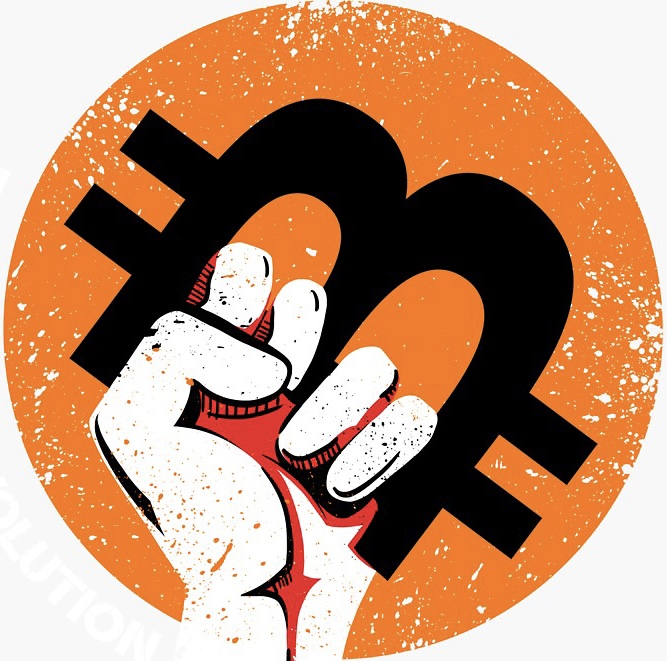Ah Slackware, the first time that I learned software could damage hardware. It has the option to also configure hsync on your CRT monitor, and if said monitor didn’t correctly validate the range it would permanently fuck it up.
I learned that lesson as a 12 year old in the early 90’s on an original IBM PC 5150 with a 5151 monochrome monitor, fucking with TSR’s in DOS 3.1. It must’ve made the graphics card change timing modes and the monitor immediately blew a fuse. My dad then soldered in a fuseholder so the fuse in the monitor can be replaces as needed.
Out of fear of doing further damage, I did stay away from the particular TSRs that had any relation to changing video timing modes and it didn’t happen again.
Haha, TSR, man, good old memories… Is there a famous TSR called sidekick? Chain of CD 09H… :)
Oh man, I completely forgot this happening to me lol.
Definitely a hardware issue, not a software one.
First distro I ever used. Downloaded it from a BBS onto about 40 floppies. Fun times.
Same, same, still remember the install process, and how hard it was to get x11 working, plus how you ended up with twm after.
And of course having to reboot to escape vim.
I was just going to post the same thing. I actually split downloading duties with a friend of mine when we both had 1 (or maybe 2?) hr / day on our ISPs.
We even used coloured floppies to colour code the package sets.
I used to go into the Sun lab at my university to download floppy images to take home. Good times.
I remember copying the window manager config files from the Sun workstations and using it on my home computer ( still a 486 if I recall ). What a rush it was just to seeing the screen look the same as those super expensive machines.
It is so nostalgic, although I struggle to see a good reason to use this as a daily driver other than if you need stability that might even exceed that of Debian Stable.
I need some tips on how the old-timers manage installation of packages without dependency management.
This is probably one the most Unix-like Linux-based operating systems ever. Gentoo probably comes next with Void being third in said list. If one didn’t want to run BSD but still wanted similarities with old Unix systems, this is probably it.
Thanks to the Slackware team for such a fantastic distribution.
We don’t install packages without dependancy management, for the most part. We use one of the half-dozen or so pkgtools wrappers made by community members that interface with SBo and handles the dependencies for us (examples include slapt-get, slpkg, and sbotools). Also, Flatpak/Distrobox/Nix etc are all available and easy enough to install if slackbuilds.org doesn’t have what I need (rare tbh).
I love Slackware but it really is a relic of days gone past (not in a bad way but a nostalgic way).
Back when Slackware launched you didn’t just download an .iso file and gigabytes of updates/new software from repositories like you do now. The internet was far too slow and data caps too restrictive to download anything serious. This was a time where even RPM-based distributions didn’t have a package manager with proper dependency management. RPM hell was a thing and even Apt was ahead of its time when it came out. You also didn’t have the internet to find information as you know it now, you used HOWTO guides if you were lucky or you actually read the man pages and liked it.
Instead of repositories you downloaded from, you ordered a stack of floppies or CDs via snail mail and you just installed and used whatever software was on them. You would only download additional software if you absolutely needed it, usually on the universities network or from others at your LUG. You might have even gotten CDs on the cover of a magazine, that’s how I got a copy of Red Hat and tried that distro for the first time back in the day. If you were really lucky your ISP would have a quota-free FTP server you could slowly get stuff from but that only became a thing here post-2000.
A nice, curated stack of CDs like Slackware was the absolute bomb in these times and something you got if you were absolutely serious about running Linux on your PC. Having a set was practically a status symbol around other like-minded nerds and being lent them to make a copy was like being gifted their firstborn child. Ubuntu for one became popular partly because of their program to send CDs out to anybody anywhere in the world free of charge, usually with some free merch included to boot, that’s how much we all relied on physical CDs themselves.
Today however, I wouldn’t actively choose to run Slackware anymore. Like the internet itself and mailing physical media, distros have moved on to bigger, better things and unfortunately beyond nostalgia Slackware hasn’t kept up. These days distros like Arch Linux provide a similar nostalgia hit with more modern tools and functionality at your disposal.
That was my first distro… in 1993! Because I bought a book with a CD in the back that had the whole thing instead of having to download a bunch of floppies!
Way back in 1993
<img src=“private_ryan_old.gif” />Cool to see.
I am curious though, does Slackware do anything that other Distros can’t?
Is there a reason to choose it over say Debian or Fedora aside from it being around for so long and the nostalgia factor
As stable or user friendly fedora and debian are, their whole structure due to the way they setup their ecosystem including their package management differ in how to change things system wide as you dont want to go too heavy on it to avoid breaking, especially if you tinker things to where you conflict with its package manegment. Aka your configs vs apts/dnf package managers configs, at some point a conflict will occur to where you will need to fix it.
Slackware lack of package managers creates the initial issue of well now i got to manually take care of the dependencies. However in exchange, the packages are close to the way they were initially developed and your config system wide has significant less competition on what happens to your configs systemwide.
You can make your debian or fedora your system, however slackware gives you that initial power out of the box hence its superb stability + even if i make a mistake i find slackware to be more forgiving to fix the issue.
More stable than Debian.
Useful for controlling your homemade nuclear reactor’s cooling system.
🫡
Happy 30th! Now you can legally call the distro oldtimer in Germany.
My first distro back in 1996. Tempus fugit.
“This looks cool and weird. I’ll try it!”
Still rocking Slackware today via Unraid! 😎
Great to see
Closest I got to running it though was Zenwalk for about 6 months in 2009
One last thing for slackware for its birthday celebration.
If anyone wants to join slackware, this is a link to a post in the community as i dont know how to link the community directly
I remember this from mastadon when i was searching slackware hashtag. Nice, congrats Slackware!
They havnt been slacking for 30 years
how does it hold up today?
I can’t speak for Slackware itself but Unraid is based on Slackware and has been very successful. I’ve been running it for several years now with few hiccups.
Give the live os a spin-up https://slackware.nl/slackware-live/







